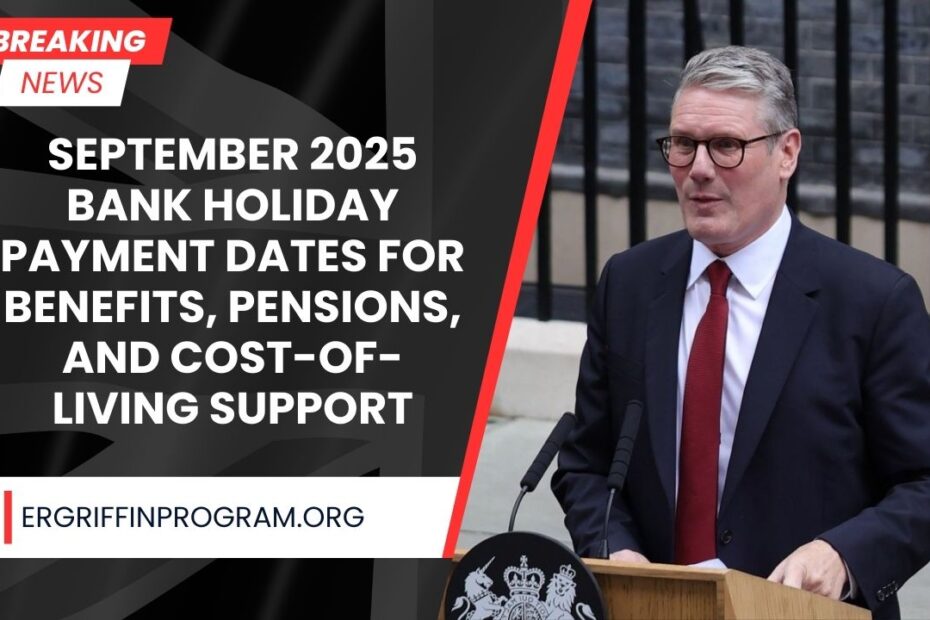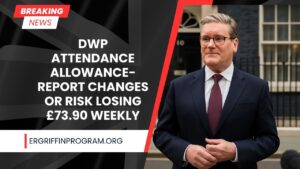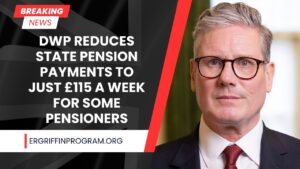As the school holidays draw to a close, some UK families may feel a slight easing in spending pressures after weeks of extra expenses.
However, for millions of households, the broader cost of living crisis remains a daily challenge.
The main reason is that prices for everyday goods and services are still climbing faster than many household incomes, making it increasingly difficult to manage basic expenses.
Stubbornly High Essential Costs
According to new findings from the Resolution Foundation, the cost of essential items in the UK has remained unusually high, even long after the 2022 “peak” of the cost of living crisis.
While inflation has dropped back to pre-pandemic levels, wage growth has not kept pace, and the prices of basic goods have not seen significant reductions.
Coupled with rising household bills, this has pushed many into debt simply to cover necessities like food, heating, and housing.
Food Insecurity and Energy Debt on the Rise
Statistics from The Food Foundation show that in January 2025, about 7.3 million adults—equivalent to 13.9% of UK households—experienced food insecurity. These figures are still far above pre-2022 levels, highlighting that recovery has been slow.
Meanwhile, energy arrears have seen a dramatic increase over the past five years.
By the end of 2024, unpaid energy bills reached £3.9 billion, more than double the amount recorded in 2019.
This steep rise shows that many people are struggling to pay for gas and electricity, even with energy prices stabilising compared to their 2022 highs.
Millions Missing Out on Unclaimed Benefits
Given this tough financial landscape, it is vital for households to claim every benefit and support payment they are eligible for.
Currently, around 24 million people in the UK receive one or more Department for Work and Pensions (DWP)-administered benefits. This means one in three people are dependent on government support in some form.
However, Policy in Practice research reveals that about £23 billion in benefits remains unclaimed every year.
Many people do not realise they qualify for extra help. Tools such as the Policy in Practice Benefits Calculator can help individuals find out what they are entitled to and avoid missing out on valuable financial support.
Understanding the Energy Price Cap
The energy price cap is a limit set on the maximum amount energy suppliers can charge per unit of gas or electricity for households on a standard variable tariff—the type of tariff most people are on.
This cap is expressed as an annual bill for a typical home, but your actual costs will still depend on your energy usage.
While the cap helps prevent extreme price spikes, it does not protect against high overall bills if consumption remains high.
Will There Be Another Cost of Living Payment in 2025?
The Cost of Living Payment scheme, introduced to help households cope with soaring prices, ran between 2022 and 2024.
The final payment under this scheme was made to eligible households between 6 February and 22 February 2024.
As of now, the DWP has not announced any plans to extend these payments into 2025. Families will need to rely on other available benefits and support schemes to bridge financial gaps.
Mental Health Support During Financial Struggles
Financial stress can take a toll on mental health, making it important to seek help when needed.
In the UK and Ireland, Samaritans provide free, confidential emotional support 24/7. You can call 116 123 at any time, email, or visit to find a local branch.
Mind, a leading mental health charity, runs a helpline on 0300 102 1234 where people can discuss how they are feeling in a safe space.
They also offer an information line (0300 123 3393) to connect you to nearby services and a welfare benefits line (0300 222 5782) to assist those dealing with the benefits system.
The disability charity Scope hosts an online forum for people to share experiences and offer each other encouragement.
NHS England also provides an online mental health triage service, helping you find the right kind of support quickly.
While the end of the school holidays may bring some short-term financial relief, the cost of living remains a major concern for millions across the UK.
With essential costs, energy debts, and food insecurity still at elevated levels, it is crucial for households to explore all available benefits and support systems.
Proactive steps such as checking eligibility for unclaimed benefits, reducing energy consumption, and seeking mental health support can make a meaningful difference during these challenging times.
Frequently Asked Questions
What is the energy price cap, and how does it work?
The energy price cap is the maximum rate energy suppliers can charge per unit of gas or electricity for those on a standard variable tariff. It helps prevent sudden, extreme price increases but does not guarantee low bills, as the total cost still depends on individual usage.
How can I check if I’m entitled to unclaimed benefits?
You can use the Policy in Practice Benefits Calculator to see which DWP-administered benefits you may qualify for. This tool can help identify unclaimed financial support, which amounts to £23 billion annually across the UK.
Is there a Cost of Living Payment planned for 2025?
No. The DWP has not announced any new Cost of Living Payments for 2025. The last payment was issued between 6 February and 22 February 2024 under the scheme that ran from 2022 to 2024.



